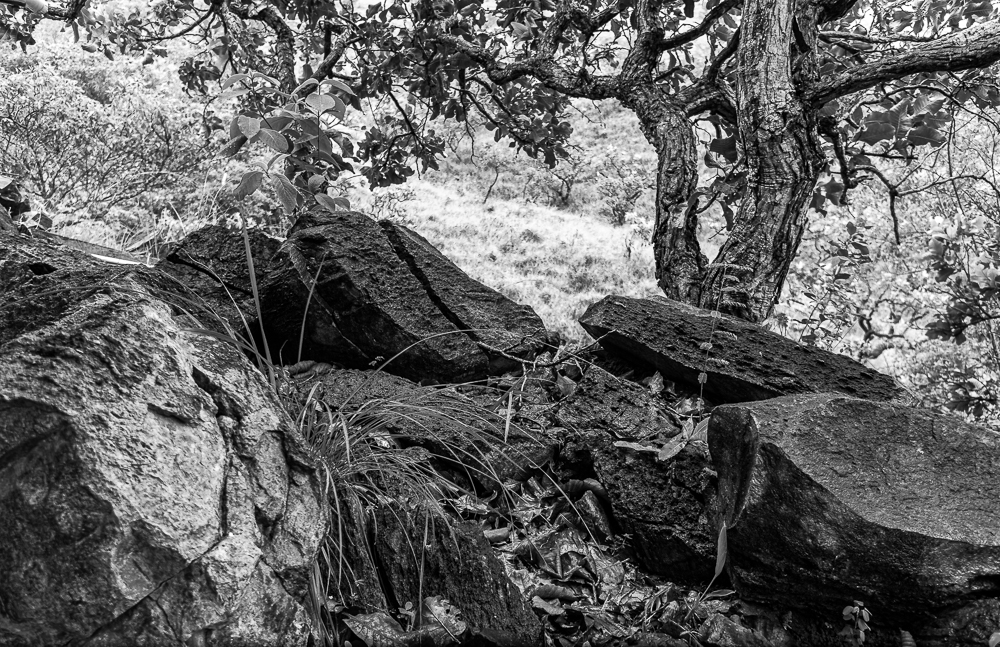Two pieces of legislation contain many of the reforms that President Biden promised Americans on the campaign trail. The US$1tn Infrastructure Bill, which has received bipartisan support, seeks to repair the US’s physical infrastructure which has been deteriorating for the past thirty years. The Build Back Better Bill, at US$3.5tn, seeks to repair the US’s ‘human infrastructure,’ and provide measures to mitigate climate change. The Republicans and some moderate Democrats do not support it. The 90+ strong progressive Democrats in the House of Representatives have vowed that they will not support the Infrastructure Bill unless the Build Back Better Bill passes the Senate, based on an agreement by Democrats to support both. Two ‘moderate’ Democratic Senators, whose votes are necessary to pass the Build Back Better Bill, are withholding their support.
Continue reading “BIDEN ACCOMODATES THE LEFT, STARMER SEEKS TO DESTROY IT”D’URBAN PARK
D’Urban Park and D’Urban Backlands are named after Sir Benjamin D’Urban, appointed Governor of Demerara-Essequibo in 1824. He became, with the addition of Berbice in 1831, Governor of British Guiana from 1831 to 1833. D’Urban Park was home to Guyana’s most famous horse racing track. I remember when, still a child, I was taken there to horse racing, perhaps in the early 1950s. I don’t know by whom, but I believe that it might have been an uncle, a lifelong horseracing enthusiast. I distinctly recall the crowd and the noise, over which the resonantly distinctive voice of the announcer, expertly modulated and paced to evoke tension and excitement as the race came to a climactic end. That voice announced horse racing over the radio throughout my youth.
Continue reading “D’URBAN PARK”JUMBIE UMBRELLA AND BUSH TEA; THE PRESIDENT AND THE OPPOSITION; ARTICLE 13
Jumbie Umbrella and Bush Tea
The covid-19 pandemic is one of the most serious outbreaks of an infectious disease the world has ever seen. There have been 219 million cases and 4.55 million deaths worldwide. The infection is raging in most parts of the world. The headline is therefore not meant to be facetious. It is deadly serious because supposedly serious people are treating the pandemic as a joke. A member of one of the highest bodies in the land, the National Assembly, elected by the people of Guyana to make laws and otherwise look out for their interests, has pronounced that bush medicine cures covid-19.
Continue reading “JUMBIE UMBRELLA AND BUSH TEA; THE PRESIDENT AND THE OPPOSITION; ARTICLE 13”ARTICLE 13 AND US CONGRESSIONAL CONCERNS
Article 13 of the Guyana Constitution was invoked by Minister Gail Teixeira during last week in response to the call of US Congressmen Albio Sires and Hank Johnson for more political inclusion in Guyana and for the country’s wealth to benefit all of its citizens. The event was a Congressional hearing on “The Biden Administration’s Efforts to Deepen US Engagement in the Caribbean” by the Western Hemisphere Congressional Sub-Committee chaired by Congressman Albio Sires. He said: “I am glad we are holding this hearing to talk about a region that is too often overlooked. The countries of the Caribbean are among our closest neighbours, yet we often frequently fail to pay enough attention to this region.”
Continue reading “ARTICLE 13 AND US CONGRESSIONAL CONCERNS”WHITHER THE PNCR?
The answer to the question posed in the above headline is that the PNCR is not going to wither away, despite the spate of recent resignations, the departure of the WPA from APNU and the slow death of the AFC. Neither is it going to be helped by the comical addition of two ‘new’ one-person political parties formed by Jaipaul Sharma and Tabitha Sarabo-Halley and welcomed to APNU with a straight face by President Granger.
Continue reading “WHITHER THE PNCR?”





